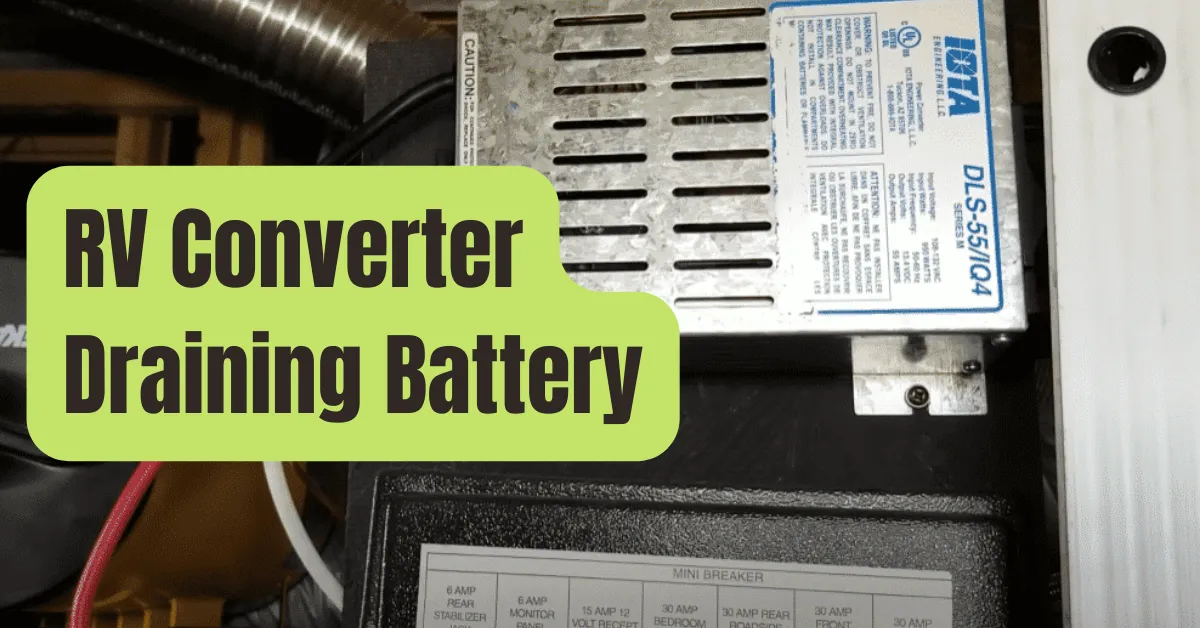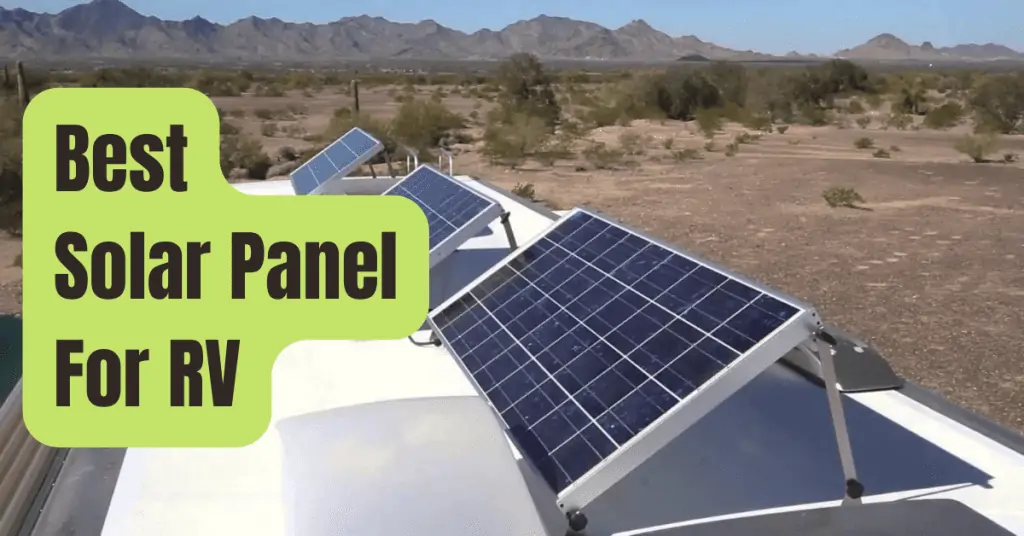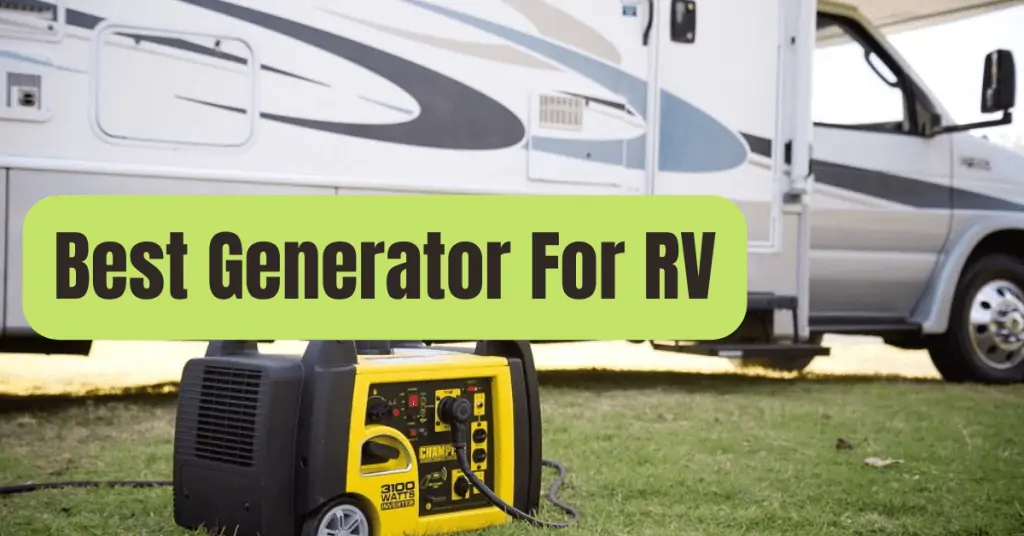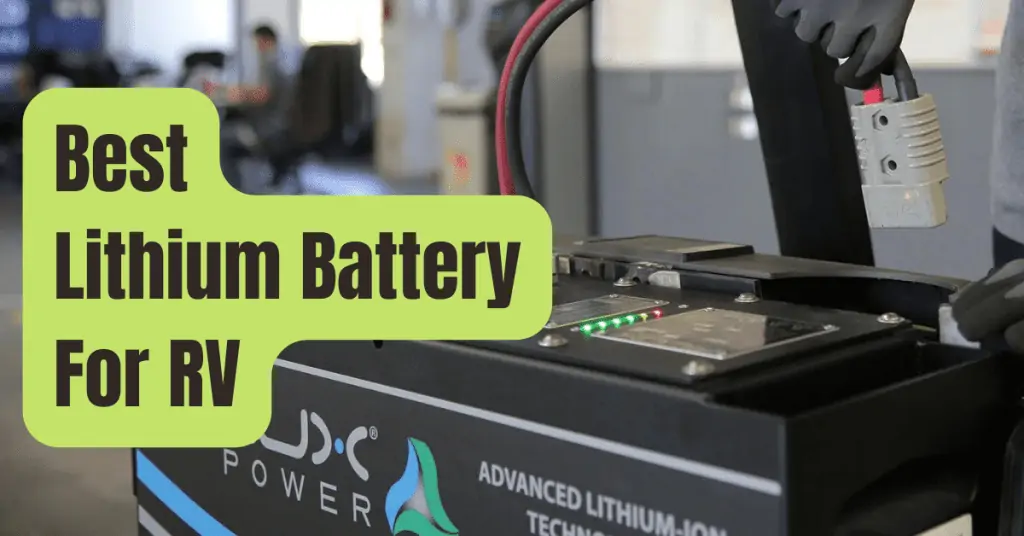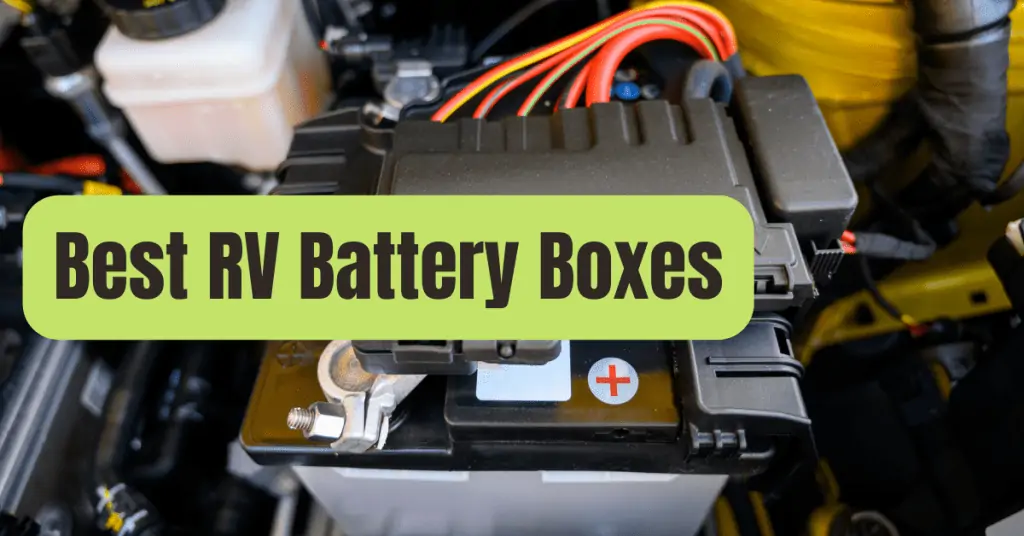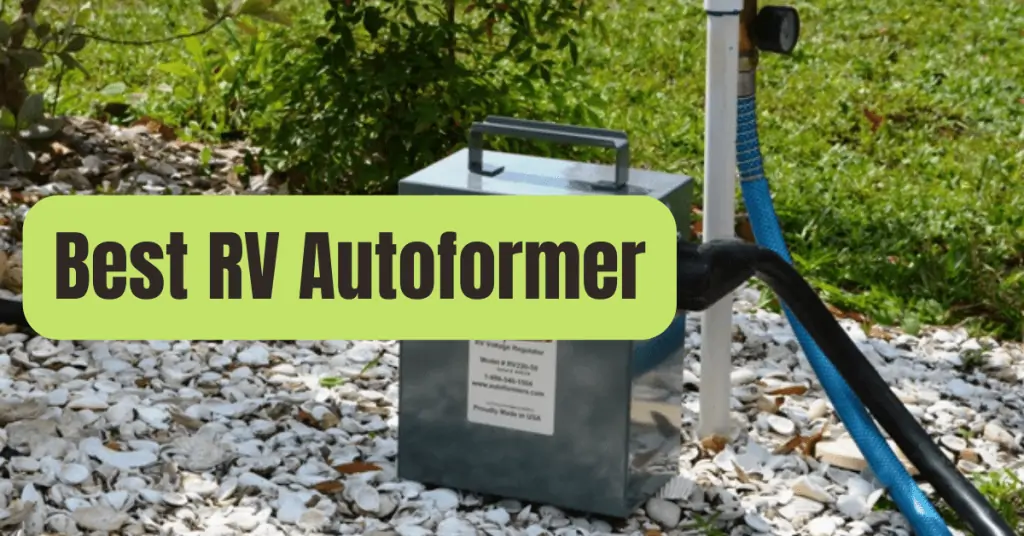Compared to the cars you may have grown up with, modern RVs are far more opulent.
The days of having to use a gas stove and a portable “chemical toilet” are long gone.
With bathrooms, toasters, hair dryers, and even full-sized TVs, some RVs nowadays may rival the amenities of a small apartment.
If your battery and connections are enough, you may live comfortably; nevertheless, a typical complaint is that the RV converter drains battery juice.
But is it really accurate? No, is the response.
You could see a spark when you initially connect the converter to your RV since it draws electricity from the battery when it is first connected.
The performance of your battery will not be impacted by the power demand, which is little to nonexistent.
What Does the Power Converter Do First?
According to theory, the RV power converter should transform grid electricity into electrical energy that the RV’s appliances can utilise.
This is perfect if you’re camping and want to save battery life by using the grid there rather than your own.
The converter should provide appliances without touching the battery while you are connected to the grid.
When this doesn’t occur, it’s often an indication that the battery is malfunctioning.
I strongly urge you to read this post if your RV power converter is having battery issues.
Your RV Converter Drains The Battery For The Following Reason.
You can see a spark while connecting a converter to your RV.
As soon as the converter is connected, a little quantity of power is drawn, which is typical.
There is still some drain, however it is extremely little and shouldn’t be felt if your battery is functioning properly.
The drain could be more noticeable than you anticipate if your battery is about to expire.
Many individuals wrongly believe that any issues they encounter with their batteries are caused by the converter being connected when they see that spark.
Typically, this is not the case.
The power consumption is negligible after the first spark.
If your battery is fully charged, running appliances while the converter is attached shouldn’t result in a decrease in charge.
Batteries that lose power while remaining inactive for a day or two are often damaged or reaching the end of their useful life.
The typical deep-cycle battery should live for roughly five years, although a battery’s health might deteriorate for a variety of reasons.
You can have problems with your battery discharging gradually while idling if it has been exposed to rapidly changing temperatures, has not been properly recharged, or has not been adequately maintained.
Could There Be a Wiring Issue?
Even with a power converter attached, it is always possible that your RV still has a shorted cable or another issue that prevents power from being drawn from the battery.
Charge the battery all the way up and check the charge to rule that out.
Measure the charge after disconnecting the battery from everything and letting it sit for a few days.
The battery should still have nearly the same charge if it is in excellent condition.
Even though it is no longer linked to the same circuit as the converter, you will still notice a loss in charge if it has to be replaced.
It’s also conceivable that you have a short or an issue with an outlet that keeps draining the battery of power.
You shouldn’t attempt to explore such issues if you are not a licensed electrician.
Instead, seek out expert guidance.
Battery Maintenance for RVs
How can you ensure that after replacing your battery, problems don’t arise again if your RV’s power converter is most likely not the true cause of your battery issues?
Charging and storage are the two most crucial components.
To preserve your battery, use a suitable battery charger or trickle charger.
Make careful you take excellent care of the battery over the winter.
An RV battery should be kept inside, at a constant temperature.
Consider removing the battery and bringing it home with you if you plan to park your RV somewhere during the winter.
RV batteries contain liquid, and low temperatures are especially harmful for them.
Even while RV batteries can withstand freezing better than they can flooded cells, it’s still not something you want to happen.
As much as you can, maintain a constant temperature for the batteries.
Test the battery each month to ensure sure the charge has not dropped below 80%.
Recharge the battery if it has already begun to discharge.
Disconnect everything you can in the RV if you can’t take the batteries with you.
Even seemingly little devices like smoke alarms and alarm clocks may consume a negligibly tiny amount of power over the course of several months, which is sufficient to completely deplete the battery.
Naturally, when you return to your RV in the spring or summer, you will need to reconnect these items.
Also unplug the converter.
Since the converter also functions as a charger while drawing power from the grid, leaving it plugged in for an extended period of time without any energy use in the RV can have the same effect as boiling the battery to death because it will be passing a very small amount of charge with nowhere to go.
The highest performance from RV batteries comes from frequent usage and recharging in stable environments.
It might be challenging to revive them if they have been frozen, flooded, or otherwise damaged.
As a result of its unpredictable behavior and inability to maintain a charge for an extended amount of time, replacing the battery is often the best course of action.
As you can see, it’s not uncommon for an RV converter to drain, or at least seem to deplete, battery juice.
However, it is something that can be overcome.
If none of the aforementioned options work, think about changing the battery.

